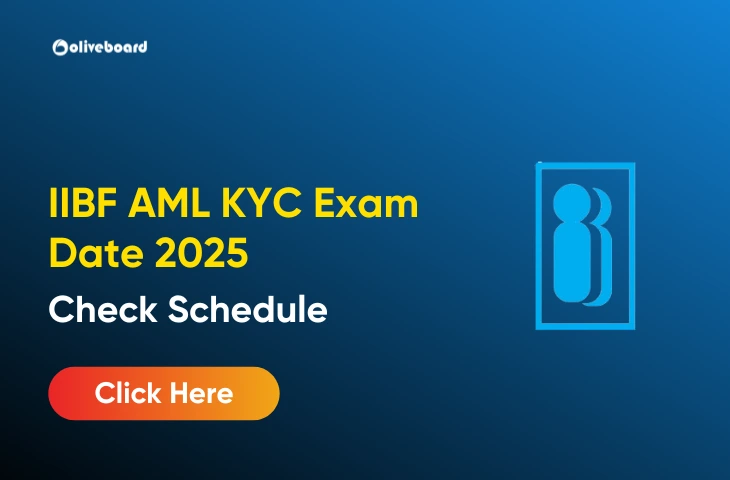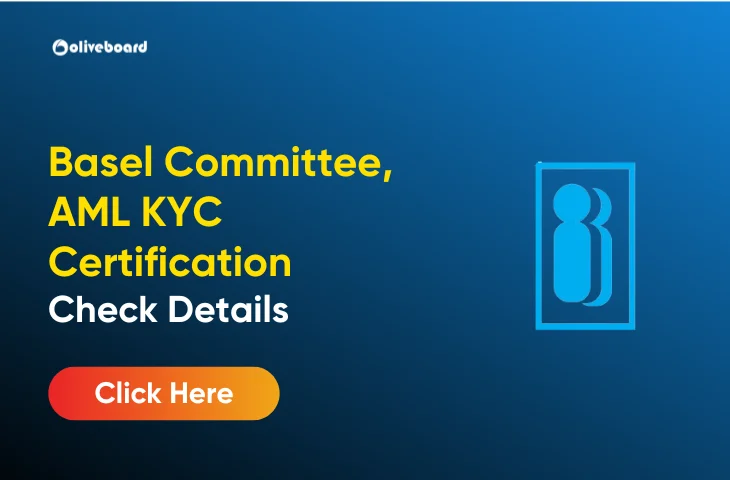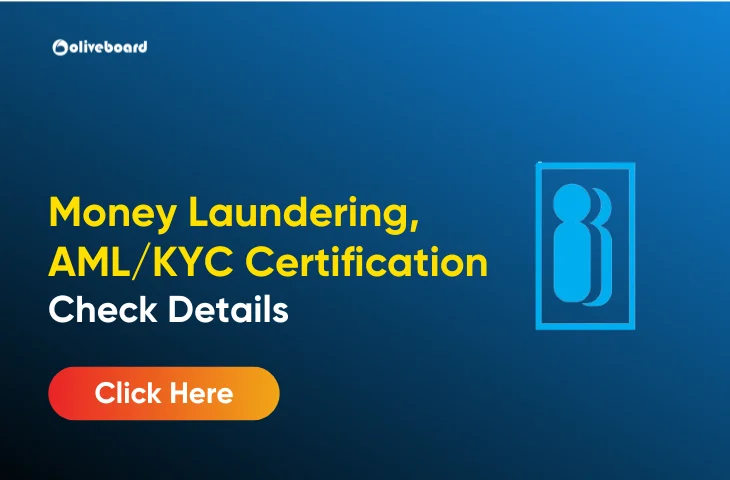Money Laundering
Money laundering is a serious financial crime that impacts economies worldwide. It involves concealing the origins of illegally obtained money to make it appear legitimate. Understanding money laundering and its prevention is essential for professionals in the finance and banking sectors. AML (Anti-Money Laundering) and KYC (Know Your Customer) certifications play a key role in combating this issue.
What is Money Laundering?
Money laundering refers to the process of making illegally gained money appear legal. Criminals use various methods to hide the origins of their funds, including:
- Placement: Introducing illegal money into the financial system.
- Layering: Moving funds through complex transactions to obscure their origin.
- Integration: Reintroducing laundered money into the legitimate economy.
Why is Money Laundering a Concern?
Money laundering poses significant risks, such as:
- Facilitating criminal activities like drug trafficking, terrorism, and corruption.
- Undermining the integrity of financial institutions.
- Distorting economic stability and fair competition.
Importance of AML KYC Certifications
AML and KYC certifications are specialized qualifications designed to train professionals in detecting and preventing financial crimes. These certifications are crucial for individuals working in banking, insurance, and financial services.
What is AML?
AML stands for Anti-Money Laundering, a set of laws, regulations, and procedures designed to prevent money laundering. AML frameworks ensure financial institutions can identify suspicious activities and report them to authorities.
What is KYC?
KYC means Know Your Customer, a process that verifies the identity of customers. KYC is a critical component of AML practices, helping institutions understand customer activities to prevent illegal transactions.
AML KYC – Complete Course
The AML KYC Complete Course offers over 30 live, interactive sessions that thoroughly cover the entire KYC AML syllabus, following the latest exam pattern. It includes 150+ multiple-choice questions (MCQs) and case studies to help you focus on key topics. You will also get downloadable PDF notes for easy learning and quick revision. The course provides a combination of live classes, recorded lectures, and PDF notes. For your convenience, live sessions are held during non-banking hours, either early in the morning or late in the evening. Additionally, you can access recorded lectures and PDF notes 24/7, allowing you to learn anytime and anywhere. Click the link below to check all the details regarding the AML KYC course.

Benefits of AML KYC Certifications
Professionals who obtain AML KYC certifications gain the following benefits:
- Enhanced Knowledge: Deep understanding of compliance regulations and best practices.
- Career Growth: Improved prospects in financial compliance roles.
- Global Recognition: Certifications like CAMS (Certified Anti-Money Laundering Specialist) are recognized internationally.
- Risk Management: Skills to identify and mitigate financial crime risks.
Popular AML KYC Certifications
Here are some of the widely recognized AML KYC certifications:
| Certification | Issued By | Key Features |
| CAMS (Certified AML Specialist) | ACAMS (Association of Certified AML Specialists) | Global recognition, comprehensive coverage of AML practices |
| CFE (Certified Fraud Examiner) | ACFE (Association of Certified Fraud Examiners) | Focus on fraud prevention and detection |
| ICA Diploma in AML | International Compliance Association | Advanced-level qualification in AML |
| KYC Certification | FIBA (Florida International Bankers Association) | Specializes in KYC and due diligence |
Important Topics Covered in AML KYC Certification Courses
Most certifications include training on:
- Money Laundering Techniques: Understanding placement, layering, and integration.
- Regulatory Frameworks: Laws like the USA PATRIOT Act, FATF (Financial Action Task Force) recommendations.
- Risk Assessment: Identifying high-risk customers and transactions.
- Customer Due Diligence (CDD): Steps to verify customer identity and monitor activities.
- Suspicious Activity Reporting (SAR): Filing reports on potentially illegal activities.
Steps to Obtain AML KYC Certification
- Research Certifications: Choose a certification that aligns with your career goals.
- Enroll in a Training Program: Register with a recognized organization.
- Complete Training Modules: Study topics like financial regulations, customer verification, and reporting procedures.
- Pass the Examination: Demonstrate your knowledge through an assessment.
- Maintain Certification: Stay updated with continuing education credits.
Careers in AML KYC Compliance
AML/KYC certifications open doors to various career opportunities, such as:
- Compliance Officer: Ensuring adherence to regulatory requirements.
- AML Analyst: Monitoring transactions for suspicious activities.
- Risk Manager: Assessing and managing financial risks.
- Internal Auditor: Reviewing organizational compliance practices.
Industries Hiring AML KYC Professionals
- Banking and Financial Services
- Insurance Companies
- FinTech Firms
- Government Agencies
Why Pursue AML KYC Certification?
Becoming certified in AML KYC demonstrates your commitment to combating financial crimes. It enhances your professional credibility and equips you with the skills to protect financial institutions from legal and reputational risks.
| Related Article | Link |
| Course Structure and Benefits | Click here to Check |
| FIUS, AML KYC Certification | Click here to Check |
Conclusion
Money laundering is a global issue that demands skilled professionals to detect and prevent financial crimes. AML KYC certifications provide valuable knowledge and tools to excel in compliance roles. Whether you aim to start a career in financial compliance or advance in your current role, earning these certifications is a smart investment in your future.
Money Laundering – FAQs
Ans. AML KYC certification ensures professionals can identify and prevent financial crimes effectively.
Ans. Banking, finance, and compliance professionals can benefit from AML KYC certification.
Ans. The stages are placement, layering, and integration of illicit funds.
Ans. KYC helps detect suspicious transactions and ensures customer authenticity.
Ans. It develops skills in risk management, compliance, and fraud detection.
- Legislation Against Money Laundering, AML KYC Certification

- IIBF AML KYC Exam Date 2025, Check Schedule

- IIBF AML KYC Certification, Check Complete Details and Benefits

- IIBF AML KYC Syllabus 2025, Check Exam Pattern

- Basel Committee, AML KYC Certification Course

- International Cooperation of Money Laundering, KYC AML


Hello there! I’m a dedicated Government Job aspirant turned passionate writer & content marketer. My blogs are a one-stop destination for accurate and comprehensive information on exams like Regulatory Bodies, Banking, SSC, State PSCs, and more. I’m on a mission to provide you with all the details you need, conveniently in one place. When I’m not writing and marketing, you’ll find me happily experimenting in the kitchen, cooking up delightful treats. Join me on this journey of knowledge and flavors!
